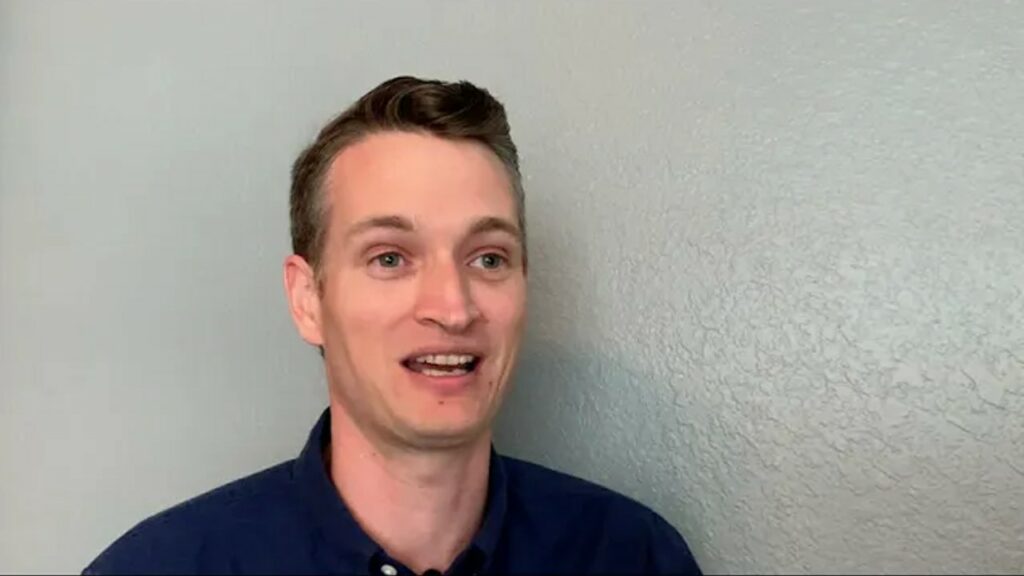Learning that your child has congenital heart disease is a traumatic event that can cause emotional, physical, and spiritual reactions or distress.
It is normal to have a variety of reactions and every parent is different. While some parents have many intense feelings immediately, others have few emotions at all. You may find that your feelings frequently change, or you may notice little change in your normal feelings.
It’s important to be kind and patient with yourself as you experience strong feelings or reactions after the sudden and unexpected news of a CHD diagnosis.
Give yourself time to process your reactions. When you are ready, your care team and others can help. There are many resources and tools available to support you through the uncertainty and challenges ahead.
What Can Happen After a CHD Diagnosis?
“Brain Fog”
Your brain works hard to manage the stress and emotions. When your brain is on overload, you may have trouble processing information and feel as if you are in a fog. This is a very normal and even expected reaction. It may be difficult to focus on anything else but the news you have just received, and you may not be able to remember everything that the care team told you.
A Flood or Loss of Emotions
Many parents experience a lot of emotions, including guilt and sadness. Emotions may fill you with fear for your child, fear about your ability to manage their needs, or anger at the loss of the joy you felt before the diagnosis. It is also very normal for parents to have few emotions, and instead feel numb and shocked.
A Shift in Perspective
One of the most common reactions is grief over the loss of the healthy child you have been imagining. We all move through life with an idea of who we are and how the world works. Sometimes a big change or loss – like learning that your child has a serious health problem – can cause a shift in identity. This shift may change the way you see yourself and the world.
Changes in Thoughts and Behavior
Grief can come on strong, and it can cause surprising reactions to unexpected triggers. You may think and act very differently when overwhelmed by grief. Some parents experience physical reactions, spiritual reactions, and/or behavior changes that may at times disrupt their regular routines or other parts of daily life.
Take a Closer Look
How to Find the Path Forward
There are no rules for dealing with sadness and grief. Every parent processes the diagnosis and their reactions in their own way and on their own timeframe.
Here are some important steps to take as you discover your own path forward.
PARENT TIPYou Are Not Alone, But You Might Feel That Way
You, your partner, family, and friends may all have different reactions to the CHD diagnosis. For example, one person might feel overcome with sadness, while another is angry or resentful. Sometimes these differences can make it hard for you to feel connected with others, and you may find yourself questioning your relationships.
Intense negative feelings may cause you and your partner to feel lonely and grow apart. Family and friends may have good intentions, but they may not know how to support you or what to do or say. When loved ones try to be helpful by finding meaning in difficult situations, it may be comforting or it may feel dismissive of the reality you are facing. Loneliness can be a painful addition to the fear you are feeling for your child, so try and find ways to connect with your partner and with other people who can support you.
FAQs
Kara Belinsky, Social Worker
Danielle Doolittle, Social Worker
Lauren Dubrouillet, Parent
Linda Pilkinton, Parent
Amy Quirin, Nurse
Theresa Tacy, Physician
Liana Zannis, Social Worker
Ellen Zemarkowitz, LCSW
See the full list of contributors to the CHD Care Compass
Last Update: November 2, 2021